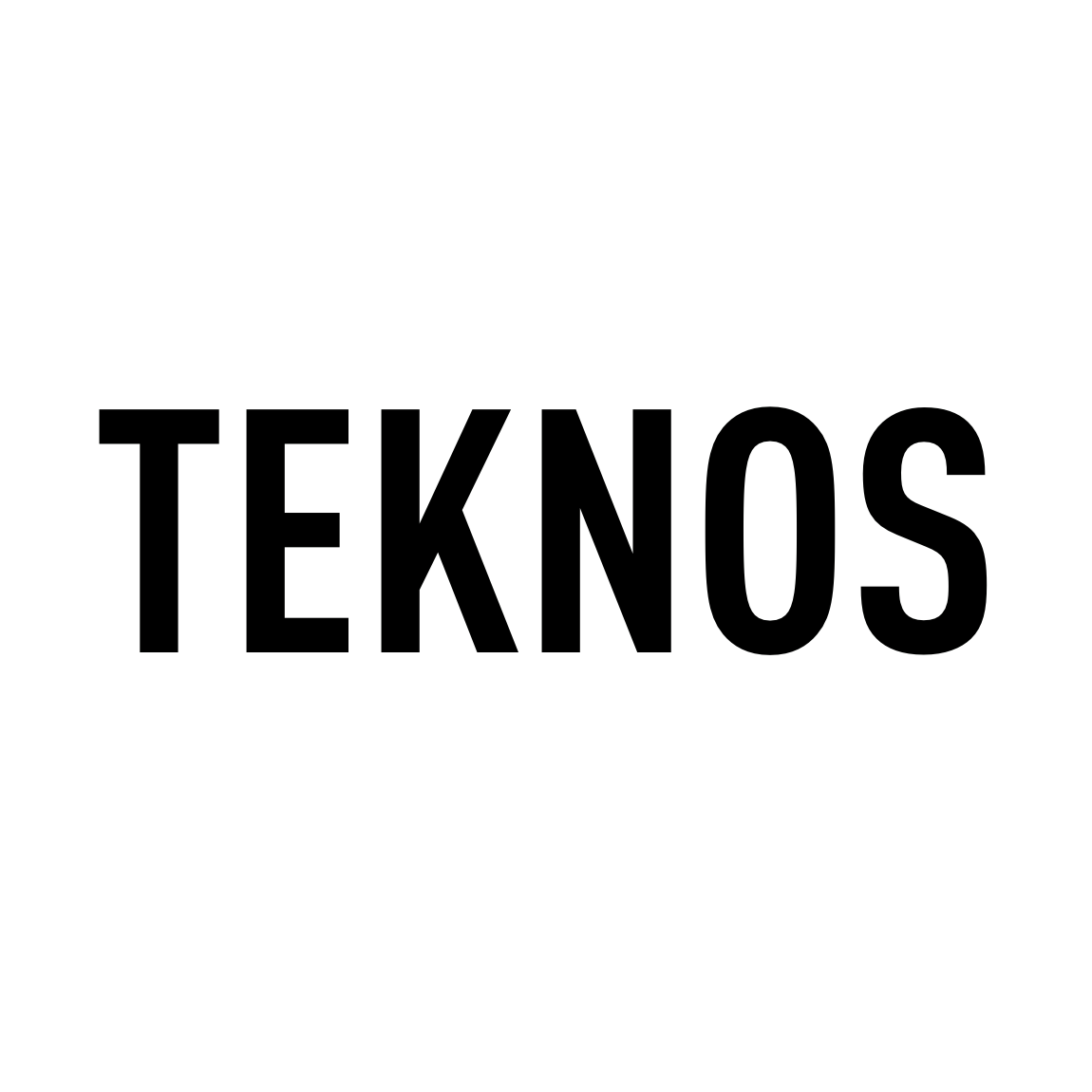Aducanumab: The Modern Snake Oil?
Aducanumab: The Modern Snake Oil?
Sungjoon Kim
Thomas Jefferson High School for Science and Technology
This article was the 3rd place winner in Teknos 2021 Summer Writing Competition
As the sixth leading cause of death for adults, more than 6 million Americans are estimated to be suffering from Alzheimer’s dementia. Although more than 100 years have passed since its discovery by Dr. Alois Alzheimer in 1906, no one has yet to develop a cure or even a treatment that can stop the progression of the disease. What makes this disease so tricky to treat is the fact that the symptoms of dementia usually appear years, or even decades, after the buildup of amyloid beta plaques and tau tangles start to wreck the brain.
Research on treatment options for Alzheimer’s was stalled until 1999, when Shenk et al. published a landmark report claiming that immunization against amyloid beta proteins in transgenic mice reduced the development of dementia-like symptoms [1]. Pharmaceutical companies jumped at the opportunity to pursue a dream of the miracle drug: a drug that would destroy amyloid beta plaques and possibly stop the progression of Alzheimer’s. However, a lack of breakthroughs forced even big companies like Pfizer to pull out of Alzheimer’s research [2]. Only one US company, Biogen, would persist and win FDA approval for a new Alzheimer’s drug, aducanumab, in June 2021. While some praise aducanumab for its revolutionary mechanism, critics are skeptical of its tumultuous trial records, costly $56,000-per-year price tag, and questionable efficacy.
In March 2019, pharmaceutical companies Biogen and Eisai announced that they would be discontinuing their two phase III clinical trials, EMERGE and ENGAGE, of aducanumab. Through a futility analysis, which pharmaceutical companies conduct in the middle of testing experimental drugs to predict whether the drug has a future, Biogen concluded that although the two trials showed conflicting results – with the EMERGE trial’s results trending towards positive and the ENGAGE trial showing no significant effect – the drug was ineffective. The news was expectedly met with disappointment but not surprise, as aducanumab would join the long-accumulating graveyard of unsuccessful, experimental drugs that had been growing for years. That is, until a post hoc analysis of the EMERGE and ENGAGE trials in October 2019 found that the efficacy was high enough for Biogen to submit aducanumab to the FDA for approval. What had happened?
As it turns out, Biogen researchers had made critical changes to the amount of the drug administered for some participants in the middle of the study. In 2016, scientists conducted a phase I clinical trial of aducanumab to determine the safety of the drug. The participants’ genes were sampled in advance to check their APOE gene, which encodes proteins that help break down amyloid beta. Participants were then grouped based on whether they had the APOE4 allele, a type of the APOE gene that is less effective against amyloid beta and therefore leads to a higher chance of the carrier developing Alzheimer’s disease. Researchers found that while aducanumab’s effectiveness depended on the size of the dose, higher doses of the drug (especially among those with the APOE4 allele) were also associated with increased Amyloid Related Imaging Abnormality, or ARIA [3]. ARIA is an abnormality observable through MRI scans that rise from amyloid-modifying therapies. Patients with severe symptoms of ARIA were laid off from the trial.
Researchers specifically focused on ARIA-E, or cerebral edema, which is the accumulation of fluid in a part of the brain resulting from the breakdown of tight endothelial junctions and the blood brain barrier. The rate of ARIA-E was especially high among carriers of the APOE4 allele, and 35% of participants with the allele had to exit the study because their cerebral edema was too severe [3]. To accommodate for this, in the ENGAGE and EMERGE phase III clinical trials, APOE4 carriers that were scheduled to receive the 10 mg/kg (high dose) only received 6 mg/kg, equal to the amount of aducanumab participants were given in the low dose group. However, a protocol amendment that allowed APOE4 carriers in the high dose group to receive the full 10 mg/kg dose was passed mid-study when researchers figured out a way to decrease the risk of severe side effects at higher doses: by gradually increasing the amount of drug the subject would be receiving.
Unfortunately, although researchers promptly implemented the changes in 2017, it was too late. By the time the study was aborted in March 2019 because of the insufficient results of the futility analysis, only 15% of ENGAGE participants received the optimal high dose to the full extent, compared to 21% of EMERGE participants [4]. Through the post hoc analysis months later, Biogen determined that the small difference occurred because the ENGAGE trial had started around one month before the EMERGE trial. However, the small difference was enough to result in conflicting conclusions.
When comparing the amyloid PET scans and Clinical Dementia Rating scale Sum of Boxes (CDR-SB) scores of subjects from each trial that received the high dose to the full extent, the team found that the data of both trials were consistent: the drug was effective [5]. Seeing the possibility of resuming the aducanumab trials, the clinical development team submitted their findings to the FDA, and in January 2020, Biogen was approved for a third phase III trial in which all original participants would receive the 10 mg/kg dose [7].
With the newly collected data from the trial, the FDA formed an Advisory Committee Meeting in November 2020 to ask for expert opinions on the approval of aducanumab. The Advisory Committee was asked two questions regarding aducanumab, both concerning whether the EMERGE and ENGAGE trials were enough to support aducanumab’s FDA approval. While experts shared a disproportionately negative response to both questions, the FDA approved the drug based on data collected in 2020 from the third phase III trial, which was requested by the FDA for more information [7]. Furthermore, the approval is conditional: if a fourth phase III clinical trial ordered by the FDA called EMBARK fails to show satisfactory results, the approval may be taken away [8].
While the criticism of aducanumab concerning its early trial records seems to be a simple misunderstanding, skeptics are correct to question whether the efficacy of aducanumab is worth the price. Aducanumab’s effectiveness in getting rid of amyloid beta plaques does not mean that it can stop the progression of Alzheimer’s dementia; aducanumab was only tested on patients with mild cognitive impairment and Alzheimer’s dementia. In other words, it is likely that aducanumab has no effect on the progression of the disease for patients with moderate to severe Alzheimer’s disease. Furthermore, while aducanumab’s effect shown through CDR-SB scores is statistically significant, questions arise on whether the difference is realistically big enough to tell. For example, participants who received the high dose only averaged a 22% lower CDR-SB score decline compared to the scores of those who received the placebo at the end of the study [5].
In the end, even after ruling out the controversy surrounding its trial records due to a rushed futility analysis, aducanumab still has other drawbacks. It only works on Alzheimer’s patients with mild symptoms, has the possibility of adverse side effects, and has an efficacy that is debatable at best. While aducanumab is a step in the right direction, being the first drug on the market to successfully target the causes of Alzheimer’s rather than its symptoms, it is still far from a miracle drug. Patients and their families should be mindful of this fact when deciding whether aducanumab is worth its price.
References
[1] Schenk, D., Barbour, R., Dunn, W. et al. Immunization with amyloid-β attenuates Alzheimer-disease-like pathology in the PDAPP mouse. Nature 400, 173–177 (1999). https://doi.org/10.1038/22124
[2] Willis O. (2020, February 26). As another Alzheimer’s treatment fails, experts are divided on where to next. ABC News. Retrieved July 21, 2021, from https://www.abc.net.au/news/health/2020-02-26/alzheimers-drug-failure-raises-questions-about-research/11996258.
[3] Sevigny, J., Chiao, P., Bussière, T. et al. The antibody aducanumab reduces Aβ plaques in Alzheimer’s disease. Nature 537, 50–56 (2016). https://doi.org/10.1038/nature19323
[4] Park, A. (2019, December 6). Biogen Explains How Its Alzheimer’s Drug Went From Poor to Promising. TIME. Retrieved July 25, 2021, from https://time.com/5744981/biogen-alzheimers-drug-explanation/
[5] Haeberlin, S., Hehn, C., Tian, Y. et al. Emerge and Engage topline results: Phase 3 studies of aducanumab in early Alzheimer’s disease. Alzheimer’s & Dementia 16 (2020). https://doi.org/10.1002/alz.047259
[6] Park, A. (2021, June 11). The Controversy Over the FDA’s Approval of the First Alzheimer’s Treatment Keeps Growing. TIME. Retrieved July 27, 2021, from https://time.com/6072980/alzheimers-drug-approval-controversy/.
[7] U.S. National Library of Medicine. (2020). A Study to Evaluate Safety and Tolerability of Aducanumab in Participants With Alzheimer’s Disease Who Had Previously Participated in the Aducanumab Studies 221AD103, 221AD301, 221AD302, and 221AD205. ClinicalTrials.gov. Retrieved August 1, 2021, from https://clinicaltrials.gov/ct2/show/record/NCT04241068?term=221ad304&draw=2&rank=1.
[8] Hoffman, M. (2021, April 18). Aducanumab EMBARK Trial Seeks to Characterize Treatment Durability, Effects of Interruption. NeurologyLive. Retrieved August 3, 2021, from https://www.neurologylive.com/view/phase-3b-embark-aducanumab-treatment-interruption-durability.





